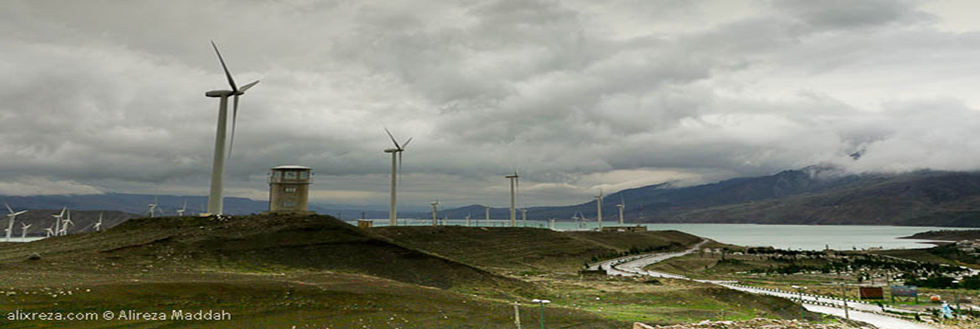
Although few are aware of the intricate relationship between water and energy, it is one that requires much attention. To attain energy, water must be used in various stages such as extraction, processing, and cooling just to name a few. Electricity production in the world is very inefficient; hence, the possible solutions for the simultaneous production of water and energy have become a major challenge, which has absorbed increasing attention. Fan Niroo Co. with its extensive experience in the field of desalination technology systems and energy is able to design and manufacture CHP plants to product water and energy.
Traditionally, electricity has been produced by power plants that burn fuel to drive electric generators. These power plants create a large amount of heat wasted in the process of producing electricity. This unused energy may equal up to 67% of the energy content of the fuel in a typical power plant. There are many valuable uses for waste heat. While separate heat and power systems are often only 33% efficient (67% of the fuel energy is wasted), CHP can be 60% to 80% efficient by capturing and making productive use of the waste heat on-site.
CHP Benefits
Benefits for Energy End-Users:
Energy Savings: When electricity is generated in large central power plants located far from consumers, about two-thirds of the energy in the fuel is lost; by using smaller onsite CHP generators, waste heat can be used to cool building space and/or provide domestic hot water and energy cost will drop significantly.
Power Reliability and Quality: CHP can increase the reliability and quality of a companys computing, manufacturing, processing and research functions.
Independence from grid power: Energy user can produce electricity disconnected to the grid. It could be a big deal in villages or regions far from grid power.
Fuel Choice: CHP systems can combust propane, fuel oil, hydrogen, landfill or anaerobic digester gas, providing a hedge against rising natural gas costs.
Products and Services
We can do Design, Construction, Assembling, Installation, Commissioning and Start-up of the plants as follows:
Power plants with gas engine generators
Canopy CHP power plants; No need to building. Mobile, flexible, immediately operative
Stationary CHP power plants
Emergency power plants with diesel engine generator
